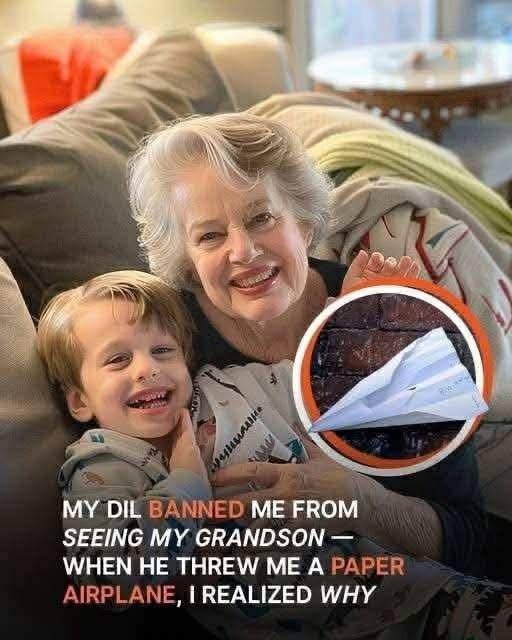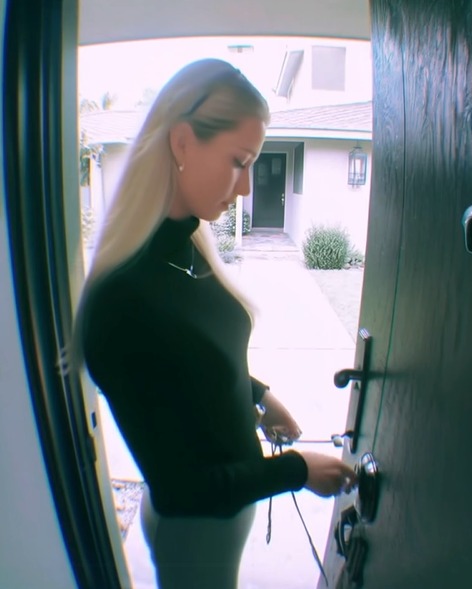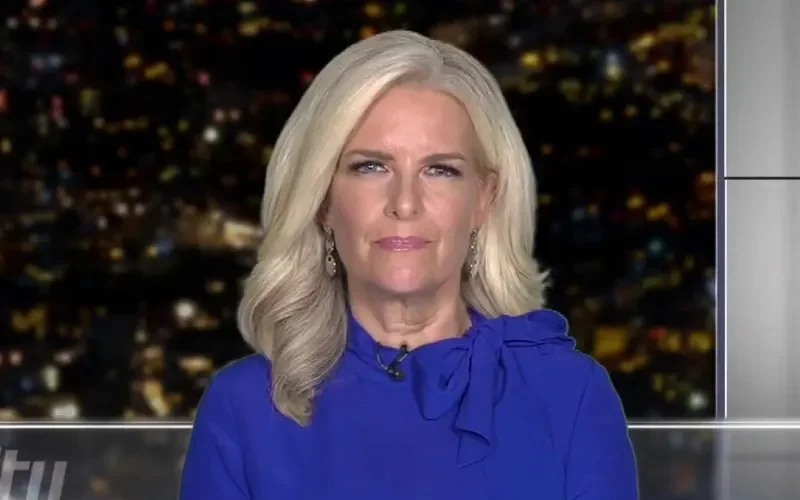The house fell silent the day my husband died; even the grandfather clock sounded like it was holding its breath. At seventy-one I learned that grief has a weight you can feel in your knees when you climb the stairs alone. The only antidote was Timmy—my grandson’s laughter ricocheting off walls that had forgotten how to smile.
Then came the afternoon my daughter-in-law met me at the door with eyes like slammed fists. “Margaret, you are no longer welcome. Timmy doesn’t want you either.” The words cut clean through muscle and bone. I turned to leave, tears blurring the cracked garden gate my husband always meant to fix.
That’s when I heard Timmy’s small voice float from the upstairs window. “Grandma, catch this!” A paper plane fluttered down, crooked as a wounded bird. I unfolded it expecting a crayon heart; instead, in shaky pencil, he had written: “Grandma, please help me. I’m not safe. Don’t tell mom and dad.”
Sleep deserted me. At midnight I pushed through the broken gate, splinters catching my coat like desperate fingers. Timmy was waiting at the window, face moon-pale. He whispered of shouting that rattled the walls, of objects smashing, of a strange man who visited after dark. The house smelled of sour smoke and fear. I promised him I would come back with grown-up help.
I went to Billy, a retired officer who used to fish with my husband. He still carried the badge in his voice. Within days he confirmed what the paper plane had only hinted at—my son was under investigation for drug activity, and my daughter-in-law’s footprints were all over the supply chain.
Social workers arrived with quiet authority. They found residue on coffee tables, bruises on Timmy’s arms, a mattress on the floor that reeked of neglect. The state removed him before sunrise, and a judge signed temporary custody papers while I held his hand so hard I thought the bones might fuse.
Courtrooms are cold even in spring. My son would not meet my eyes; his wife wept mascara rivers that stained the wooden rail. Prison sentences followed, and I felt no victory—only the hollow clang of a gate closing on a child I had rocked to sleep twenty years earlier.
Now Timmy shares my bed some nights when nightmares climb the curtains. My joints protest at seven a.m. school runs, but his chatter about black holes and astronaut dreams makes the arthritis worth it. I pack lunches shaped like rockets, and every folded napkin carries the same unspoken promise: you will never again need a paper plane to ask for help.
I lost a husband, and I lost the boy I raised. But I will not lose Timmy. I will finish fixing that garden gate, plant flowers he can pick on his way to the bus, and give him the childhood every child deserves—one safe morning at a time.


